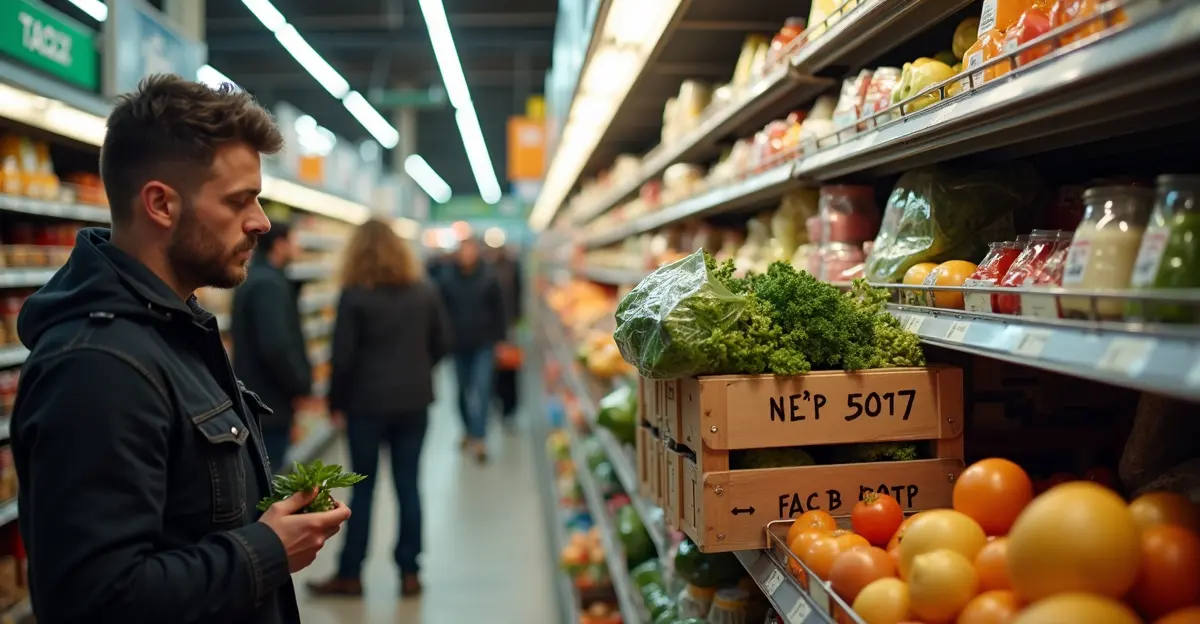
Protests Over Rising Food Prices: Social Unrest Spreads Across Europe
Sweden Joins the Wave of Boycotts
In March 2025, Sweden became the latest European country to witness widespread protests against soaring food prices. A seven-day boycott of major supermarkets, including Lidl, Hemköp, Ica, Coop, and Willys, was organized under the campaign "Bojkotta vecka 12" (Boycott week 12). The initiative, fueled by social media, aimed to draw attention to the "runaway" prices of essential goods, which have risen by an estimated 30,000 kronor (£2,290) annually for families since 2022.
The Global Context
The Swedish protests are part of a broader trend of social unrest linked to inflation and the cost-of-living crisis. Similar boycotts have been reported in Bulgaria, Croatia, Bosnia and Herzegovina, Montenegro, and Serbia. Protesters blame supermarket oligopolies and big producers for prioritizing profits over affordability, while retailers cite global factors like war, geopolitics, and climate change as drivers of price hikes.
Government Response
Sweden's finance minister, Elisabeth Svantesson, acknowledged the issue but pointed to a decline in overall inflation from 10% in 2022 to 1.3% in February 2025. However, food prices remain stubbornly high, prompting calls for political intervention. The government has pledged to improve competition in the food industry and increase domestic production to stabilize prices.
Impact and Future Actions
While the boycott's immediate impact on supermarkets was mixed, it succeeded in sparking a national conversation. Organizers plan to escalate their efforts with a three-week boycott of Ica and Arla, targeting Sweden's largest grocery retailer and a major dairy producer. The movement underscores the growing frustration among consumers and the urgent need for systemic solutions to address food affordability.

 Nederlands
Nederlands
 English
English
 Deutsch
Deutsch
 Français
Français
 Español
Español
 Português
Português